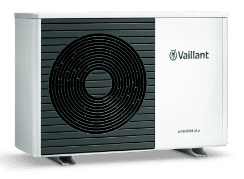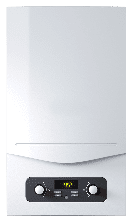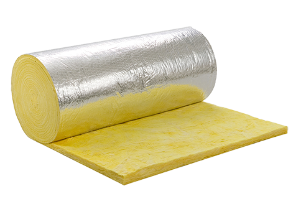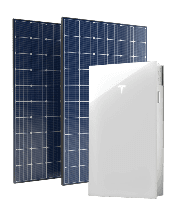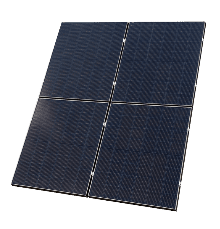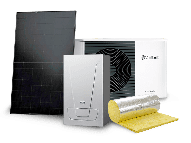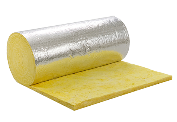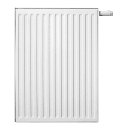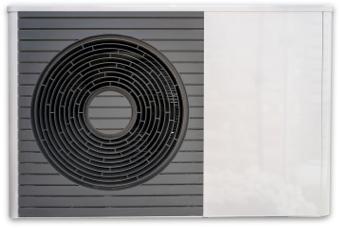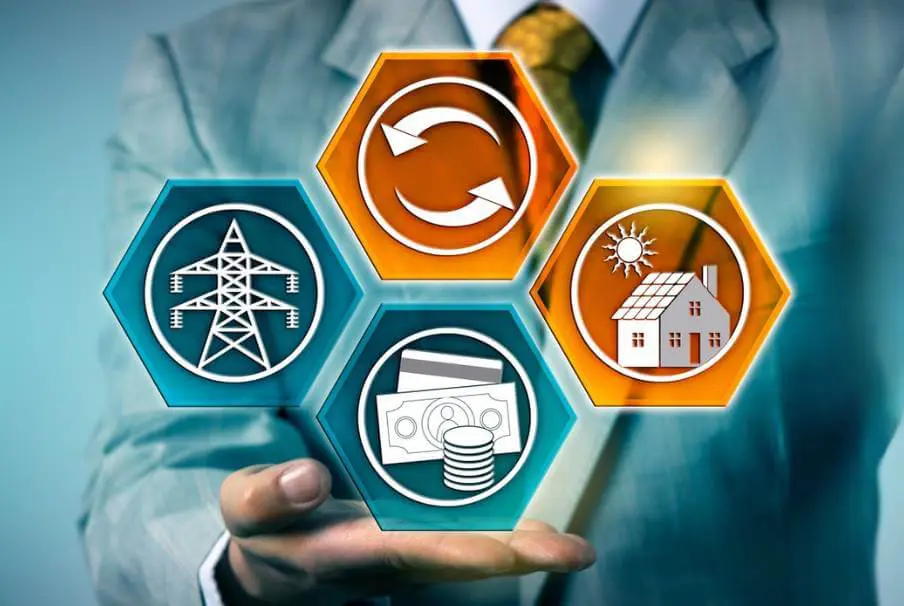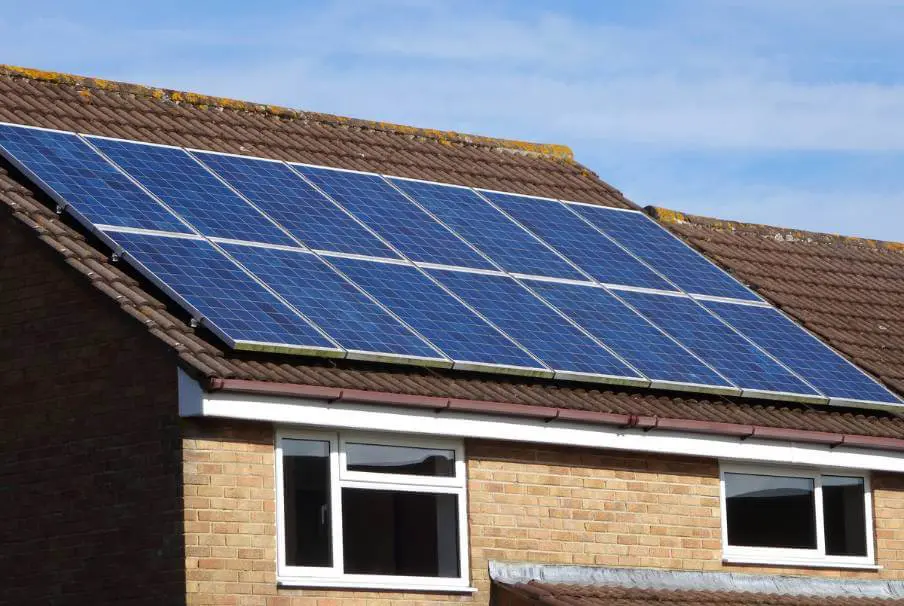How Many Solar Panels Do I Need?
Eco Providers
February 11, 2025

February 11, 2025
Making the switch to solar is a great way to embrace renewable energy and reduce your reliance on the National Grid. It enables you to generate your own electricity, reduce your carbon footprint, and save on your electricity bills. However, a common question that is asked is “how many solar panels do I need?”
It’s a good question to ask as there’s many factors to consider when calculating how many you’ll need for your home. In this blog, we’ll break down all the key information you need to know about determining the right amount of panels for your specific needs, so you’ll have a clear idea on how you can power your home efficiently and sustainably.
Key factors to consider for solar panels
Figuring out the right number of solar panels for your home involves considering some key factors to ensure optimal energy generation and to maximise the benefits of your investment. Here are some considerations to keep in mind.
Your energy consumption and usage patterns
The first consideration is to understand your electricity usage. The best way to do this is to look at your previous electricity bills to understand the amount of energy you consume monthly and annually. Be sure to pay attention to the units, usually kilowatt-hours (kWh), to gauge how much power your solar panels need to generate.
Your energy consumption will also play a vital role in understanding how many solar panels you’ll need. Two questions you should ask yourself is:
- Do you use most of your electricity during the daytime when solar production is at its peak?
- Or do you use more in the evening?
Understanding your energy consumption pattern will allow you to choose a system that aligns with your lifestyle. If you use more energy during the daytime, you’ll likely need fewer panels. However, if you use more energy in an evening, you may need to invest in a larger system or install battery storage to store energy that is generated in the day, so you can use it later on.
Your future energy needs and potential expansion plans
Factoring in your potential future energy needs is just as important as understanding your current energy needs. You may be planning to purchase an electric vehicle, install energy-intensive appliances, or expand your living space for example.
If you are, these factors will influence your future energy demands and you’ll need to make sure your solar panel system can accommodate the increase in energy consumption. When choosing your system, ensure it caters to both your current and future energy needs.
The size and orientation of your roof
The size and orientation of your roof will impact how many solar panels you can install and how much direct sunlight they will receive throughout the day. A spacious, south-facing roof is ideal as it maximises energy production. However, if your roof space is limited or isn’t south facing, there are alternative options like ground-mounted solar panels for example.
Speaking with a professional solar panel installer, like Eco Providers, can help provide you with valuable insights into how you can optimise your roof space, ensuring you make the most out of your investment. We can conduct a technical survey where we can provide expert advice and a bespoke quote for your solar panel installation.
Climate and weather conditions in your area
Local climate and weather conditions can affect the efficiency of your solar panels, so if you live in an area that is prone to lots of cloud cover or shorter daylight hours, this will need to be considered when choosing how many solar panels you’ll need.
Areas that have longer sunlight hours often don’t need as many solar panels when compared to areas with less sunlight. By understanding your local climate and weather conditions, you can realistically determine the energy generation and output you can expect from your panels.
Available government incentives
Before you invest in solar energy, you should research what government incentives are available. For example, the ECO4 scheme is the UK’s most notable incentive that can help eligible homeowners make their home more energy efficient at little, to no cost at all. You can check if you’re eligible for funding in less than 60 seconds by using our handy online tool checker.
As well as that, initiatives like the Smart Export Guarantee (SEG) allows you to export and sell excess electricity back to the National Grid, helping to maximise your return on investment in the long run.
How much electricity does one solar panel produce?
Solar panel output will vary depending on numerous factors such as the efficiency of the panel, the size, and sunlight exposure. On average, a standard single solar panel can produce around 350-400 kilowatt hours (kWh) of electricity per year.
However, it’s important to remember that this is just an average estimate. The actual amount of electricity your solar panel will generate may change based on the factors we’ve already highlighted, as well as other things such as weather conditions, where your panels are placed, and shading from trees or nearby buildings for example.
To get an accurate understanding of how much electricity one solar panel can produce, you can get in touch with our specialists today, who can arrange a technical survey of your property and provide you with expert advice on the right system for your needs.
How many solar panels do I need?
Ultimately, the number of panels you will need will depend on the key factors we shared earlier, including your energy consumption. It will also depend on the power rating of the solar panels too. For example, smaller homes with lower energy usage may only require a small solar PV system, while larger households with higher energy consumption might need a more extensive PV system.
Below is a general estimate of how many solar panels you may need, based on your annual energy consumption.
| Annual Consumption (kWh) | Estimated Number of Panels |
| Below 2,000 | 2 – 4 |
| 2,000 – 4,000 | 4 – 6 |
| 4,000 – 6,000 | 7 – 9 |
| 6,000 – 8,000 | 10 – 15 |
| 8,000 – 10,000 | 16 – 20 |
Remember, these are general estimates. To get a better, more accurate estimate of how many solar panels you’ll need, we strongly recommend speaking with our specialist team and booking a technical survey. From here, we can conduct a thorough assessment of your property and provide you with expert recommendations on the right type of solar panel system for your needs.
Get in touch with us today
Switching to solar is a great opportunity to make your home more energy efficient, lower your carbon footprint, and save money on your electricity bills. If you’ve been thinking about making the switch, get in touch with us today.
At Eco Providers, our experts are fully accredited and qualified to assess and install a complete solar panel system to your property. We specialise in offering a comprehensive, all-inclusive approach to making a home more energy efficient. We can also help check if you qualify for government incentives and access the funding you’re entitled to. Don’t hesitate to speak to us today to learn more about how we can help you.
Solar panel FAQs
While solar energy significantly reduces your reliance on the grid, achieving complete energy independence will depend on factors like your energy consumption, the size of your system, and the energy storage solutions you opt for. In some instances, you may find that you still need to draw some electricity from the grid.
A typical solar PV system can last for 25-30 years or even longer with proper care and maintenance. Most manufacturers offer warranties for around 25 years, ensuring peace of mind and long-term energy generation.
Cleaning your solar panels helps maintain optimal performance. While rainfall naturally cleans the panels to some extent, occasional cleaning, once or twice a year, removes built-up dirt and debris, and maximises the output of your panels. Other than that, they don’t require much maintenance.
